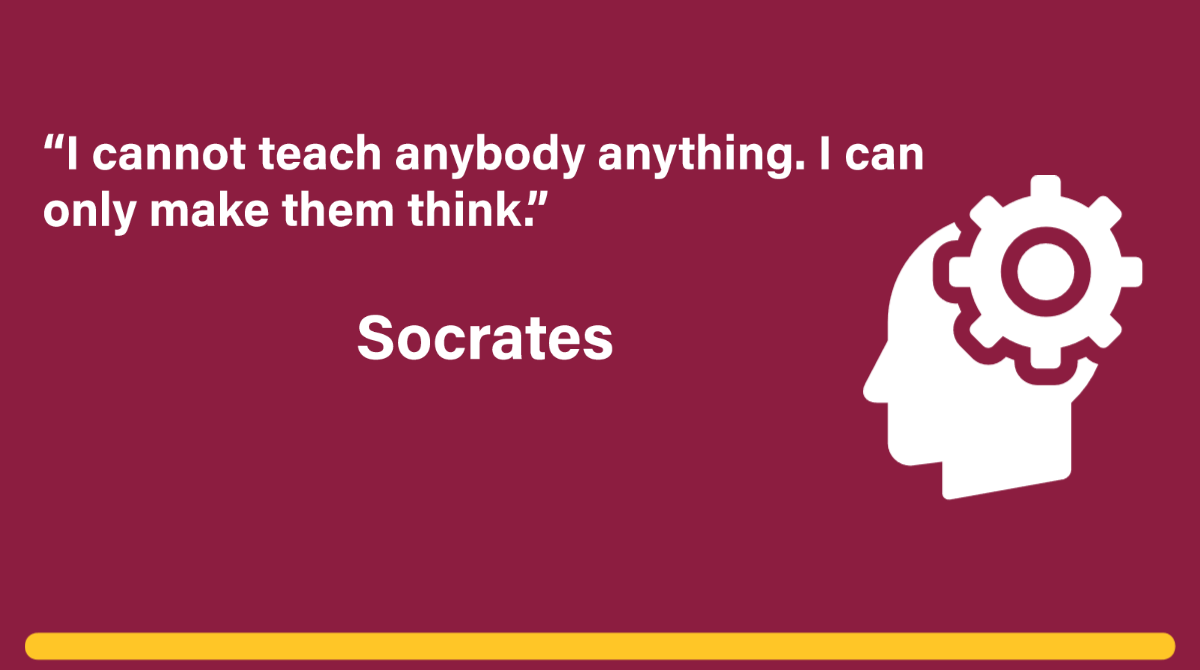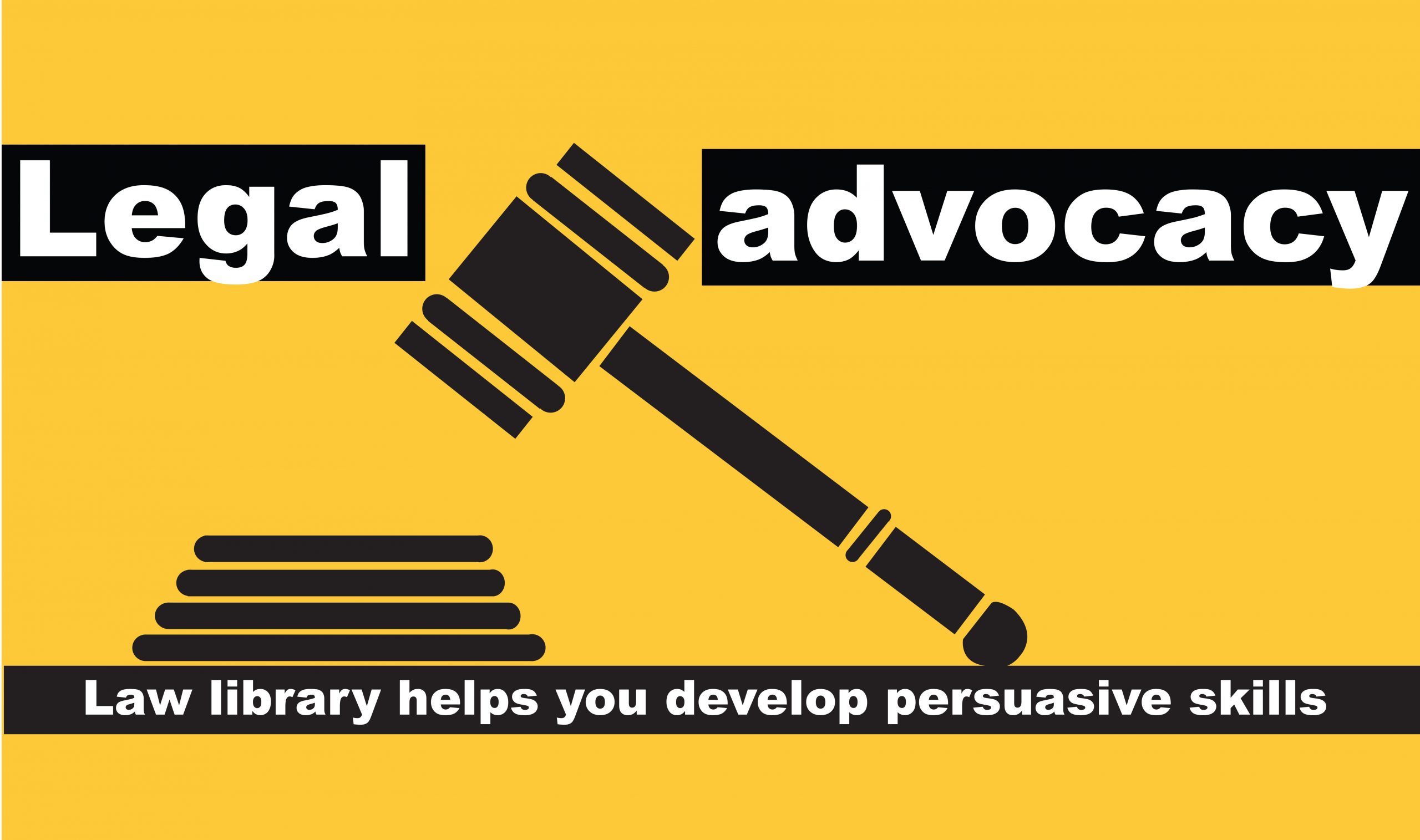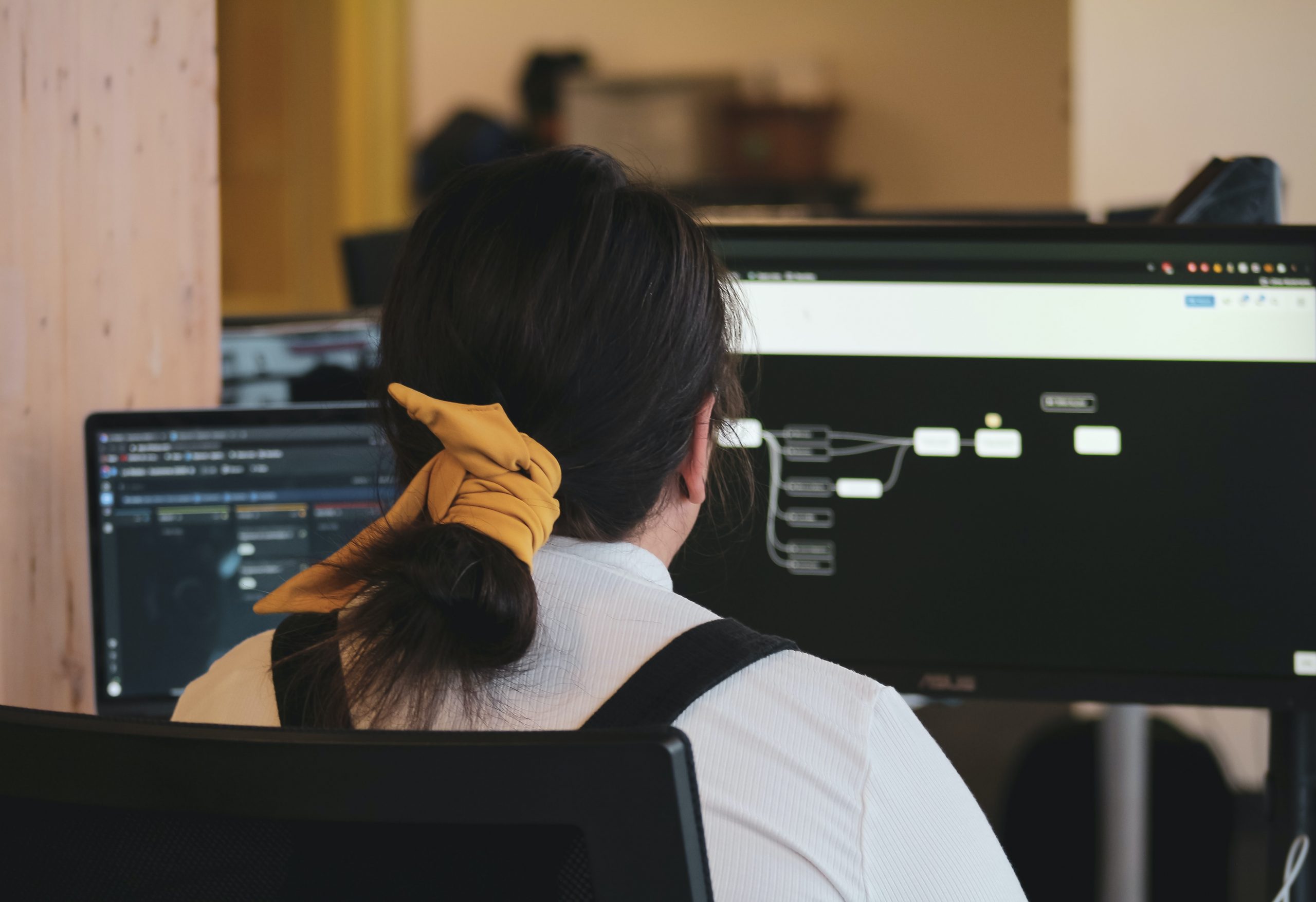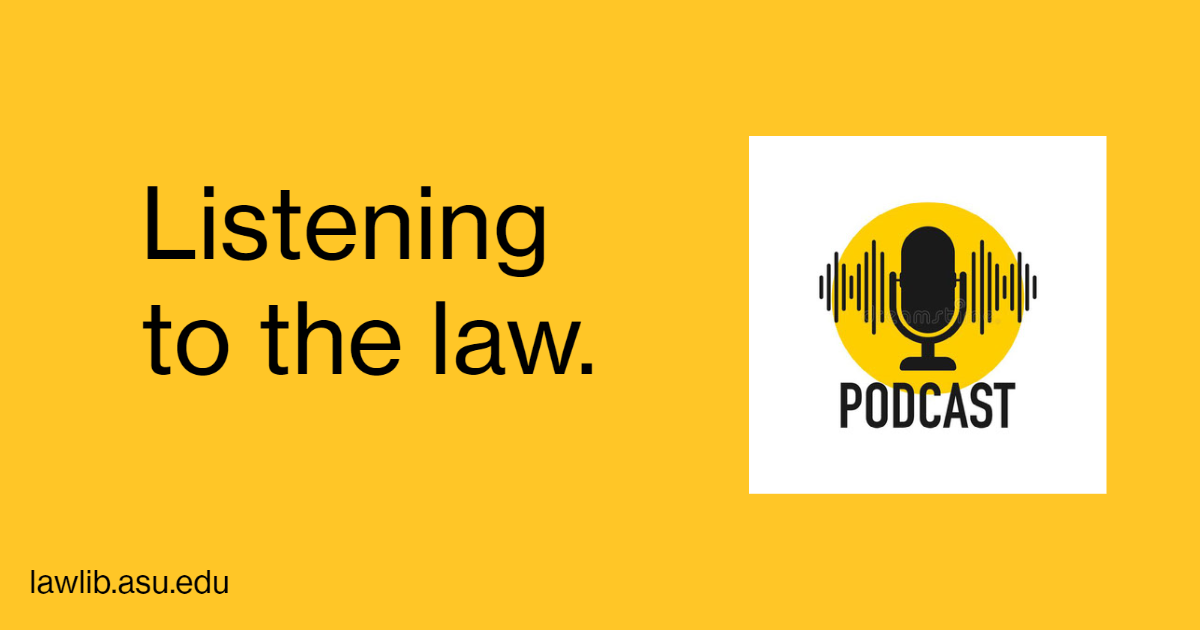As a law student you experience the Socratic Method instructional model, which is based on the asking and answering of questions in class with the goal of stimulating critical thinking.
- Predict: Think about the answers to questions you hear frequently in class while you are doing your class preparation.
- Contextualize: Consider the case not only on its own, but in the context of other cases you’ve read and the development of legal doctrines.
- Pause: A deep breath can be the difference between a well thought out answer and a blurted out mistake.
- Relax: Your classmates are not judging you because they are busy taking notes, feeling relieved they are not on the spot, or preparing to answer next.
Here are more tips from the reference librarians at the Ross-Blakley Law Library.
- Find your study aid: The law library offers a variety of guides so you can find a study strategy for your particular learning style and understand the cases before you go to class. Study aids may include more information than your professor’s syllabus covers, so don’t sweat the irrelevant stuff. Learn more about study aids here: New Student Resource Guide: Study Materials and here How Do I Know Which Study Guides are Right for Me?
- Case briefing: Whether you are highlighting, book briefing by marking the areas of text containing issue statements or the controlling rule, or composing marginalia as you study and write your case brief, focus on identifying the most important facts, rules, and the reasons for the court’s decision. Are you highlighting all the facts, or zeroing in on the key details? It’s a skill you can learn, and CALI provides a lesson on effective case briefing.
- Active listening: Try to imagine how you would answer if you were on the hot seat when a classmate is talking. If you pay attention to what the professor tests your classmates on, you can give yourself an edge for finals week. Learn more about active listening here, Active Listening and here, Listening Skills in the Law School Classroom.
- Meet with a Librarian: With JDs and experience instructing students, the reference librarians can help you find study aids and research strategies that will help you succeed in doctrinal and writing courses, even though they cannot help you interpret your cases. Make an appointment to Meet with a Librarian or contact us with questions: Ask a Law Librarian.
Andrea Gass, Reference Librarian




